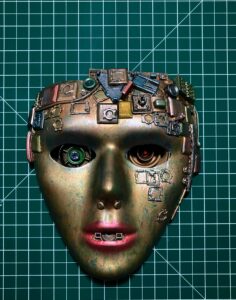With the rise of artificial intelligence and automation in the business world, one unexpected development has been the increasing use of chatbots in customer service. These savvy virtual assistants are revolutionizing the way companies interact with their clients, providing instant responses and personalized solutions 24/7.
According to a recent study by Grand View Research, the global chatbot market is projected to reach $1.25 billion by 2025, with industries such as e-commerce, healthcare, and finance leading the way in chatbot adoption. Companies like Amazon and Starbucks have already integrated chatbots into their customer service platforms, leading to significant cost savings and improved customer satisfaction.
But what sets a chatbot apart from a traditional customer service representative? “Chatbots have the ability to process large amounts of data in real-time and provide accurate responses instantly,” says tech analyst Sarah Thompson. “They can also learn and adapt based on user interactions, making them incredibly efficient and effective in handling customer inquiries.”
Despite their efficiency, some critics raise concerns about the potential loss of human touch in customer interactions. However, proponents argue that chatbots free up human agents to focus on more complex issues, ultimately enhancing the overall customer experience.
In the rapidly evolving landscape of business technology, chatbots represent a dynamic shift towards more streamlined and efficient customer service solutions. As companies continue to embrace automation and AI, the role of chatbots is likely to expand, transforming the way we engage with businesses in the digital age.



